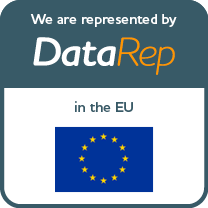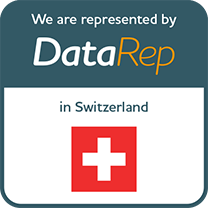Great brands connect to people in meaningful ways. They often find a way to create relevance and appeal at a very individual level.
Our individuality, or identity, is a wonderfully complex combination of physical, emotional, cultural, and spiritual components. Some aspects of our identity are purely personal; others position us as part of a group, tribe or collective.
We are increasingly finding brands and businesses asking how they can forge stronger connections by better understanding the role of identity in driving behaviour.
Which elements of what make us unique are truly determinant in driving the choices we make about products, channels & services? How can this insight reveal groups that feel historically underserved or disenfranchised, where we can provide much better solutions?
As an example, we recently worked with an FMCG client to gain greater depth of understanding of the unique attitudes, motivations and needs of a specific identity group and how these might differ from the general population.
We also sought to de-average this group and understand what was most important to different segments. How much does their identity actually drive behaviour in the category, versus other influencing factors.
Why was this important to the client?
Primarily to answer the business question: does this group need solutions uniquely tailored to their identity, or can existing solutions work if better targeted and communicated?
/ Where would tailored solutions actually be valued?
/ Where would they be seen as unnecessary ‘badging’?
/ Where could they be seen as potentially insulting?
In this project, the category was beauty and the identity group defined by ethnicity.
We conducted quantitative analysis to determine what variables were influencing behaviour towards and within the category.
It revealed several consumer segments where ethnic identity was a huge driver of behaviour. This manifested in choice of brands, types of products, desired price points and preferred shopping channels.
It also uncovered areas of large unmet needs in the category, frustrations with existing product offers, and a genuine lack of connection with current marketing activity.
We also identified the impact of ethnicity on behaviour varied by sub-category. In some areas unique physical and physiological requirements were crucial. In other areas, the need for unique types of self-expression stood out.
In summary, there was significant opportunity to create highly relevant ethnic-driven solutions that could achieve scale.
However, we also determined the existence of segments within the ethnic group, where it wasn’t their ethnicity per se that most drove their behaviour. Broader attitudes and beliefs in relation to themes of beauty, age, wellness and naturalness had much greater impact on the decisions they made and what they were looking for from brands.
Whilst ethnic identity remained part of the hierarchy of choice, overt ethnic branding was not their primary motivation. In fact, these segments had more in common with people outside of their ethnic group in terms of priorities and influencing factors.
As such, these segments could be addressed with existing offers that tell a very different story.
This piece of work is being used to shape brand portfolio thinking, to prioritise innovation spaces and improve communication strategy. All based on which ‘deaveraged’ group can be helped with existing offers versus where new solutions need creating. We also linked the outcomes to existing demand space models in the business for greater actionability.
Whilst this project was focused on ethnic groups, the principles outlined can be applied to a range of increasingly relevant challenges about winning with any type of identity group, in any category. From which segments of Gen Z are truly ‘defined’ by their youth, to how does Gender Neutral Identity impact product choices.
By Steven Melford, Co-Founder of The Forge
This article first appeared on The Marketing Society – https://www.marketingsociety.com/think-piece/better-addressing-identity


